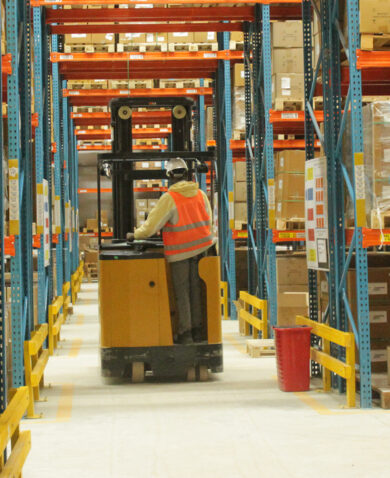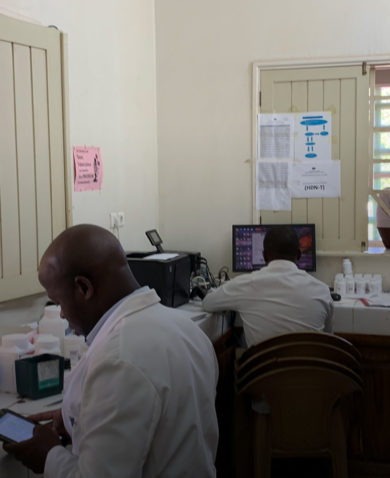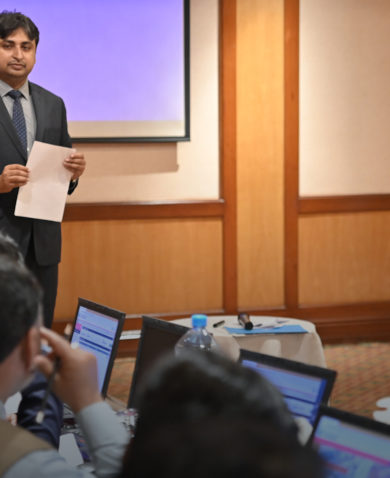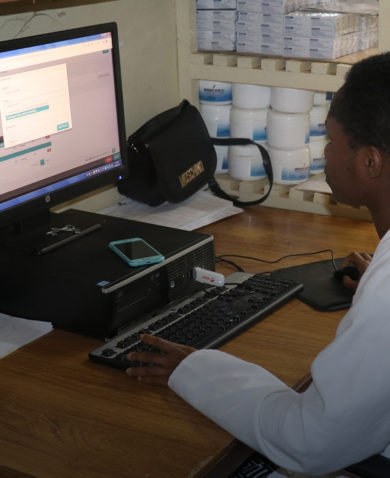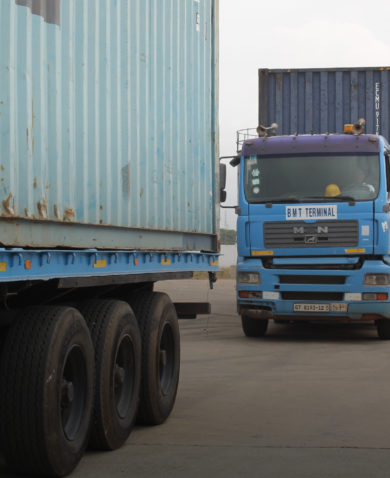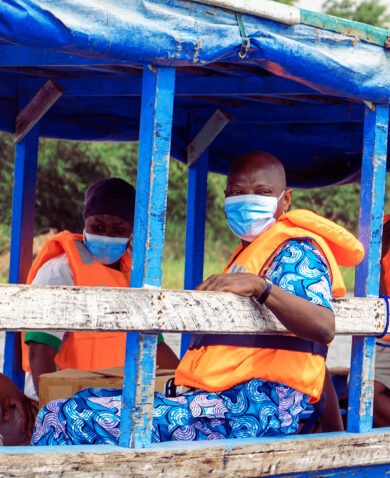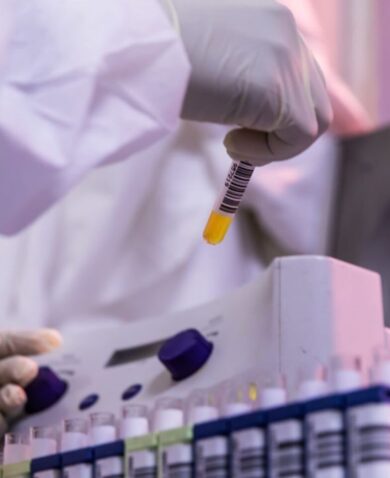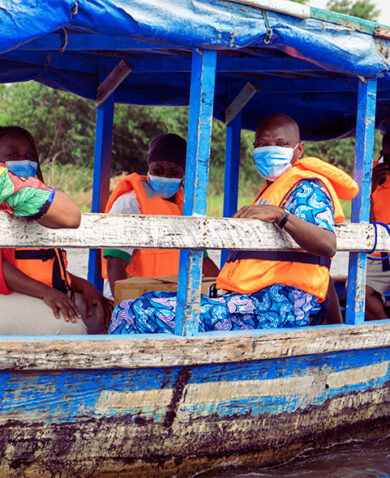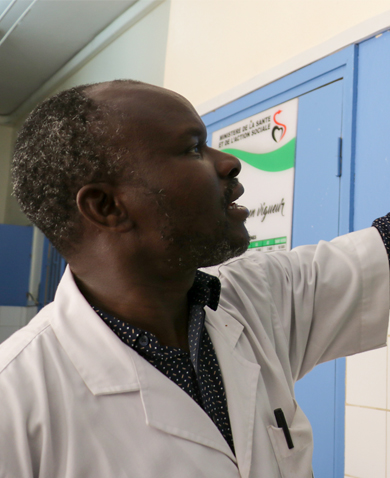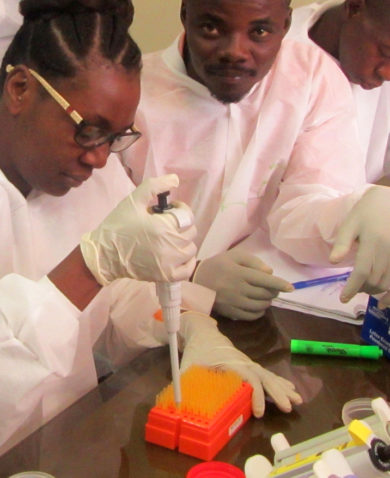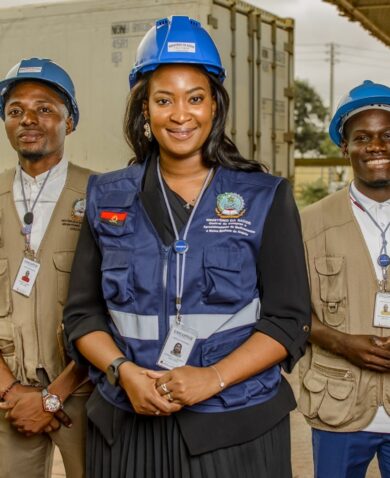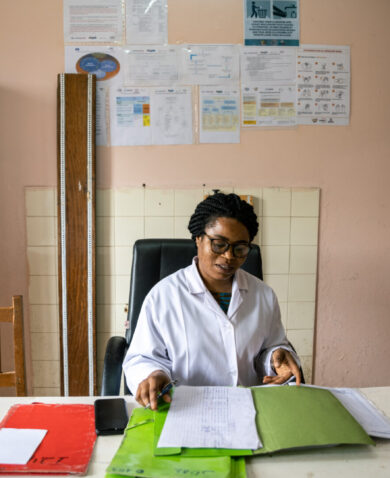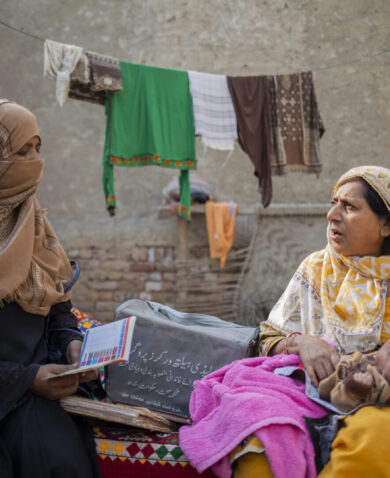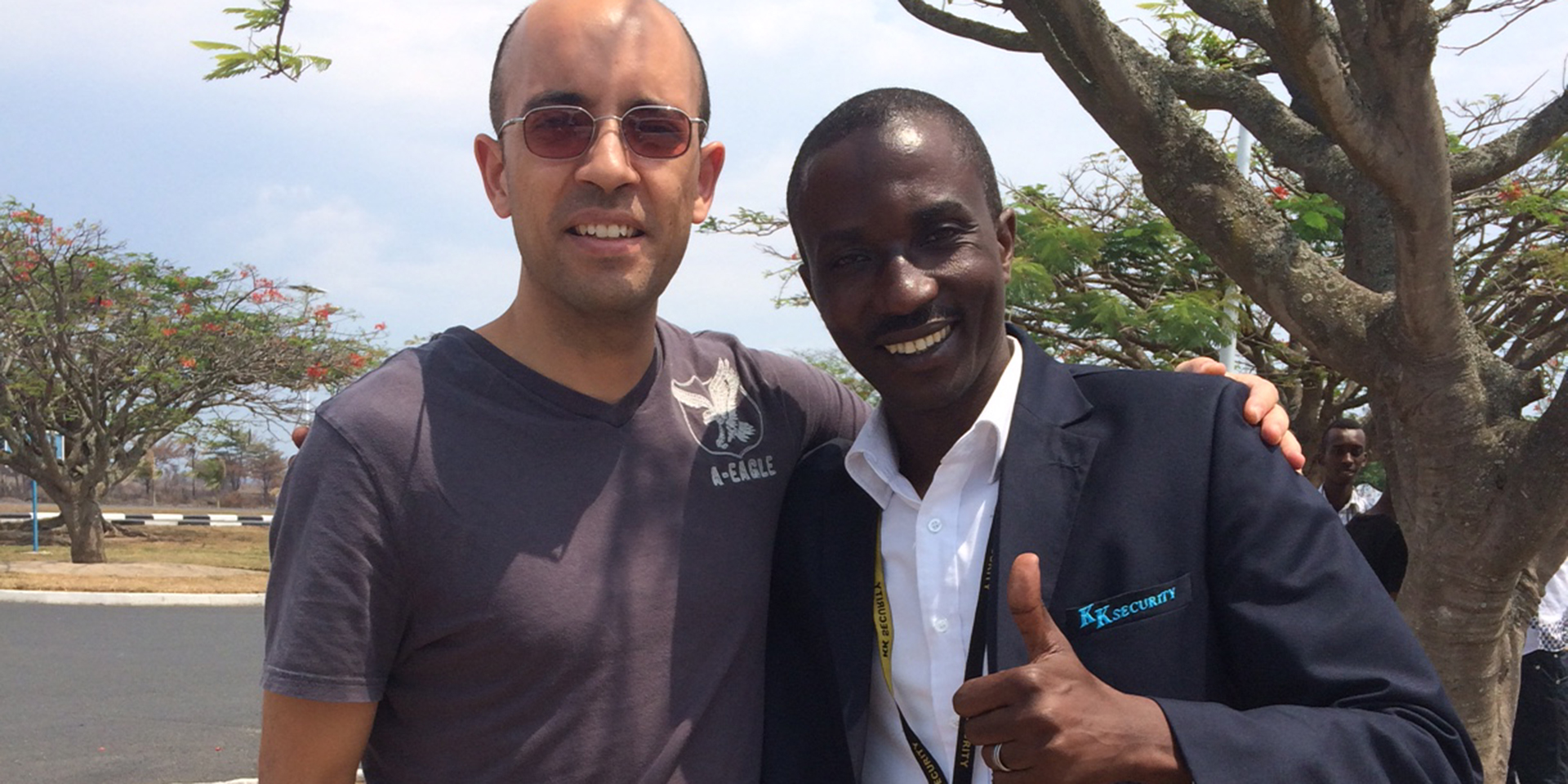
Mornings in Bujumbura: Reflections of a Start-Up Traveler
January 12, 2017 | 3 Minute ReadDaniel Lim shares his experience starting up a pharmaceutical supply chain project in Burundi, putting his French to the test and seeing development work on the ground for the first time.
What does a start-up field assignment with Chemonics look like? In my case, I landed in Burundi in August, charged with carrying out recruitment efforts in the country for USAID’s Global Health Supply Chain Program-Procurement and Supply Management project (GHSC-PSM). In the end, I spent forty days in Bujumbura, at times working 16 hours a day alongside my fellow start-up specialists in a rush to fill 28 positions with local staff. I concluded my assignment in October, two days before the official opening of our project office.
It is in Burundi that Chemonics’ work as a development-centric company resonated with me for the first time, as I became personally invested in the PSM project. Later in my career, when I look back at my earliest days as a development professional, I will undoubtedly think of Burundi: overcoming the anxiety of my first French-language interview, helping my jovial driver, Aimable, compose R&B song lyrics in English, and untangling minute details of health logistics management with prospective recruits. There are many more examples of such experiences, which never failed to challenge my assumptions or push me to the limits of my abilities.
When I arrived in Bujumbura, I took over the recruiting portfolio from my predecessor and quickly found myself sinking beneath the weight of my responsibilities. There were hundreds of CVs to review in the recruitment inbox, two to three interviews to schedule per position, and several new advertising campaigns to begin. One of my first tasks was to publish a second advertisement in a local newspaper called Burundi Echo. I remember greeting the editor-in-chief at his office, the dimly lit interior filled with large stacks of back issues and several employees hammering away at laptop computers. The newspaper ad, combined with another posting on a local professional services website, guaranteed a steady stream of CVs. With time and mentoring, I learned how to efficiently screen unqualified candidates by scanning for keywords,. Every time a CV made a favorable impression, I consulted with my team and then contacted the individual for an interview.
The interviews, conducted at the Roca Golf Hotel in Bujumbura, were the most critical part of my start-up assignment. My ability to speak French earned me a spot on the start-up team, as French is the primary language for business in Burundi. With less than three months of employment on the books at Chemonics, I had little to offer the team in the way of start-up or recruitment experience, but my French did provide me with the ability to communicate with Burundians. While I sometimes struggled to understand the local accent, my oral comprehension level was sufficient to assess the merits of our various candidates during interviews. I relied on my go-to rhetorical aid: summarizing the conversation at key points, in my own words, so that the other person could then affirm that I had understood them properly. I also did my best to anticipate an upcoming conversation (sometimes mere minutes in advance) and quickly gain the necessary vocabulary.
In the end, I led or co-led approximately 30 interviews. When combined with the numerous additional interviews completed by my recruiting predecessor, our team filled 21 positions in our org chart within the first month of the project’s official opening. Among the available talent pool in Bujumbura, several candidates stand out. Our top pick for accountant, Francine, impressed us with her eye for detail and concern for cost savings, and she has since proven to be an integral member of our team. Another memorable recruit was our selection for HIV supply chain specialist, Jocelyne. Prior to joining our team, Jocelyne worked as an unpaid volunteer for a local charitable organization dedicated to HIV testing and treatment. She made a positive impression with her combination of supply chain knowledge and practical experience providing care to HIV patients. A third standout recruit was Georges, our choice for the warehouse maintenance specialist position. With his detailed knowledge of Burundi’s central medical warehouse, Georges was an easy pick for the role, which continues the duties that he had originally performed for MSH.
My last day in Burundi, as Aimable drove me back to the airport, I recalled everything that I had seen and experienced in the previous forty days. I told Aimable that in spite of the exhausting work and my clear desire to return home, I greatly enjoyed my stay in Burundi. Since I’ve returned home, I’ve had more time to consider the impact that our program will have on the people of Burundi: life-saving anti-retroviral (ARV) drugs for people who are HIV positive, insecticide-treated nets to ward off malaria-infected mosquitos, and system strengthening to enhance Burundi’s supply chain capabilities. I am confident that our work will benefit Burundi for years to come.
With recruiting credentials now part of my CV and French-speakers still in high demand at Chemonics, I can certainly hope to be visiting some faraway land sometime in the near future. Perhaps there will soon be project needs in Dakar…

